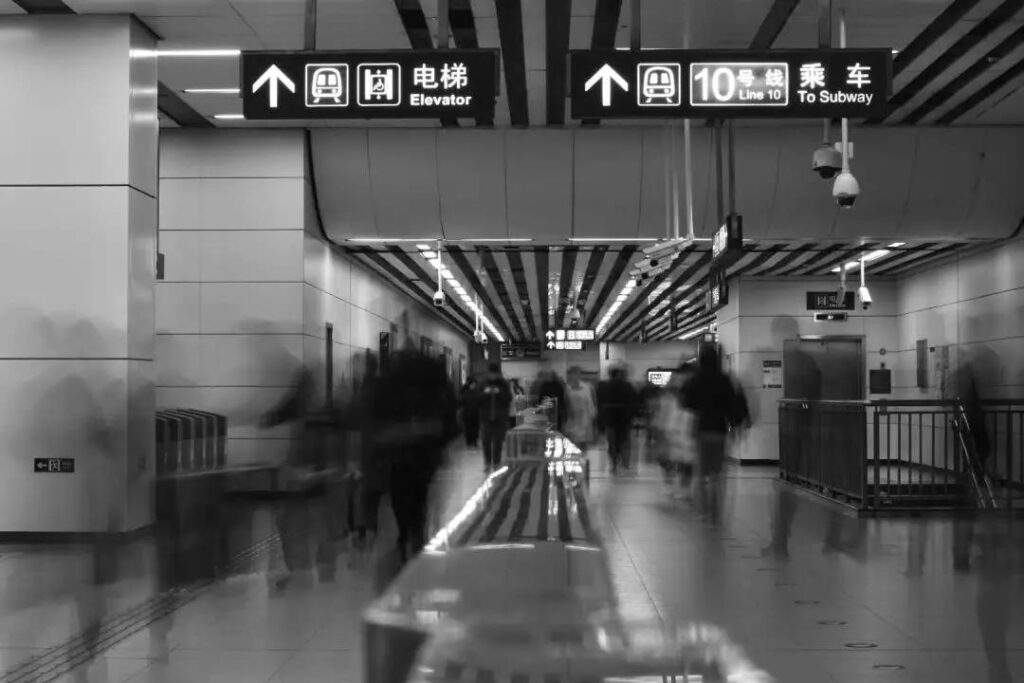
No Four Seasons in Malaysia
STUDY ABROAD
2019.07.12
Before that I didn’t know what summer is, I would only know the unpoetic hot and cold. Leaving one’s original city is not about physically distancing oneself, on the contrary, it gives oneself a fresh perspective to view their original city from afar.
——Kaijing
Original Author | Kai Jing
Photo by | Xie Zi Yi
WeChat Article Layout by | Zhou Yi Kang
Was originally published in The Voice of Beijing, Issue 1, 2019
This web article is the English translation of the original article.
Click here to read the original WeChat post.
Web Article Layout by | Wong Xiangyu
There will not be summer if there are no four seasons..
From a tropical country to a city where the four seasons alternate, the most direct sense of the body easily leads to a dialogue with the locals, “Malaysia is like summer in all seasons!”. To be honest, before that I didn’t know what summer is, I would only know the unpoetic hot and cold. Leaving one’s original city is not about physically distancing oneself, on the contrary, it gives oneself a fresh perspective to view their original city from afar.
Before that, I didn’t know how many Chinese people there were. I would only classify races by language. If it weren’t for the repeated question of “So Malaysians can speak Chinese?”, I would not have a deep understanding of Chinese as a language medium for cultural heritage. From folk customs to the education system, different races seek common ground in this racial melting pot. The real difference here is the “same bed but different dreams” of the Chinese and the Malaysian Chinese; the real similarity is the same opinion of the Malaysian Chinese and Malaysians of other races. This feeling hit the hardest when a Beijing local welcomed me back to China with a Beijing accent. I got inexplicably angry and realized that I have always related myself more to my national identity than my cultural identity. I am a Chinese, but I am a Malaysian Chinese, or rather, a Malaysian.
I was treated like “foreigners” in the beginning and encouraged to speak Chinese, but slowly, after staying for a long time, I was accepted as a “half Chinese”. My Chinese language is often amused and corrected for being inaccurate. In Malaysia, we are accustomed to relying on the integration of three languages to complete the expression of a sentence. This is derived from the “agak-agak” spirit of Malaysians. It is good to know what you mean, and you don’t need to waste your energy on communication to form dialogues, or to express opinions strongly. After the colonial struggle, we are more inclined to treat the group of people around us as a community. Unlike China’s political views, we are more emotionally dependent. We are more afraid of being abandoned than the community’s disharmony. We observe the overall situation before making a decision. This may be Malaysians’ advantage, but also may be a disadvantage.
We can speak English to Americans in the first second, and speak Chinese to Chinese in the next second, or occasionally sneak in a few Cantonese and Hokkien words to amaze Hong Kong and Taiwanese friends. Sometimes, we even deliberately hide the Malaysian accent to use the Taiwanese and the mainland Chinese accent. After all, we are used to switching languages in Malaysia. In dealing with people, we reflect our amiability and language advantages. However, in contrast to other people’s pride in their own mother tongue under the influence of nationalism, we show that we have no personal opinions in terms of international differences. We smiled, not having a characteristic is also a characteristic, and I am still proud of it.
I came to the city of Beijing with prejudice against China. The uncivilized Chinese tyrants in media reports are not fictional, but do you think it is just that? If you experience what I have experienced – walking through the street where the uncles spit, inhaling the haze outside the 3M mask, eating cold noodles on the roadside stalls expelled by the city management, scooping the suspected-to-be-gutter-oil spicy hot pot, witnessing the ant tribe in the big cities, living in the cubicle sold by bad housing agents, missing the subway filled with indifferent crowd – every moment of your fury will seep into your heart, you will find that corruption and beauty exist side by side, they will not cancel each other, but they are very real.
No matter how good you are, there are people who are better than you; no matter how bad you are, there are people who are worse than you. Order a takeaway and open a can of Qingdao beer, the city of Beijing reminds you that you only need to learn to live your own life well.
Kai Jing (KJ)
Master of Architecture, Tsinghua University, part of the operation team of a youth space in Wudaokou.
I have been in Beijing for 17 years, never been to the Great Wall of the Forbidden City, I prefer the taverns hidden in the alleys. I like Beijing’s indifference, which is the kind of indifference where two people have to take two elevators separately; I hate Beijing’s cigarettes and alcohol, because they are so cheap that they can easily resolve sadness and cheer up without excuses.
Editorial Board of The Voice of Beijing, 1st Issue, 2019
Edited and published by | AMSIB
Coordinator | Li Wei Ai, Vivian, Huang Xiao Qing
Producer | Li Jun Jin
Secretary | Wen Shi Yun, Wang Xuan Ming
Leader of the Interview Team | Cao Yi Wen, Yvonne
Reporter | Feng Qi Yang, Dong Jia Ren, Huang Jing Yi, He Jing Ling, Zhong Yi Wen, Liu Wei Yu, Huang Shi Xuan
Editor | Luo You Rong
Writer | Zhong Yi Wen, Chen Qian Jing, Zhou Yi Kang, Huang Jin Tai, Huang Mei Qi, Nur Aiin Binti Muhammad Azhar
Art Director | Yang Wen Fei
Art Editor| Chen Pei Xin, Xu Yi Ting, Yang Qian Hui, Zhou Yi Kang, Huang Mei Xuan, Huang Jin Tai


